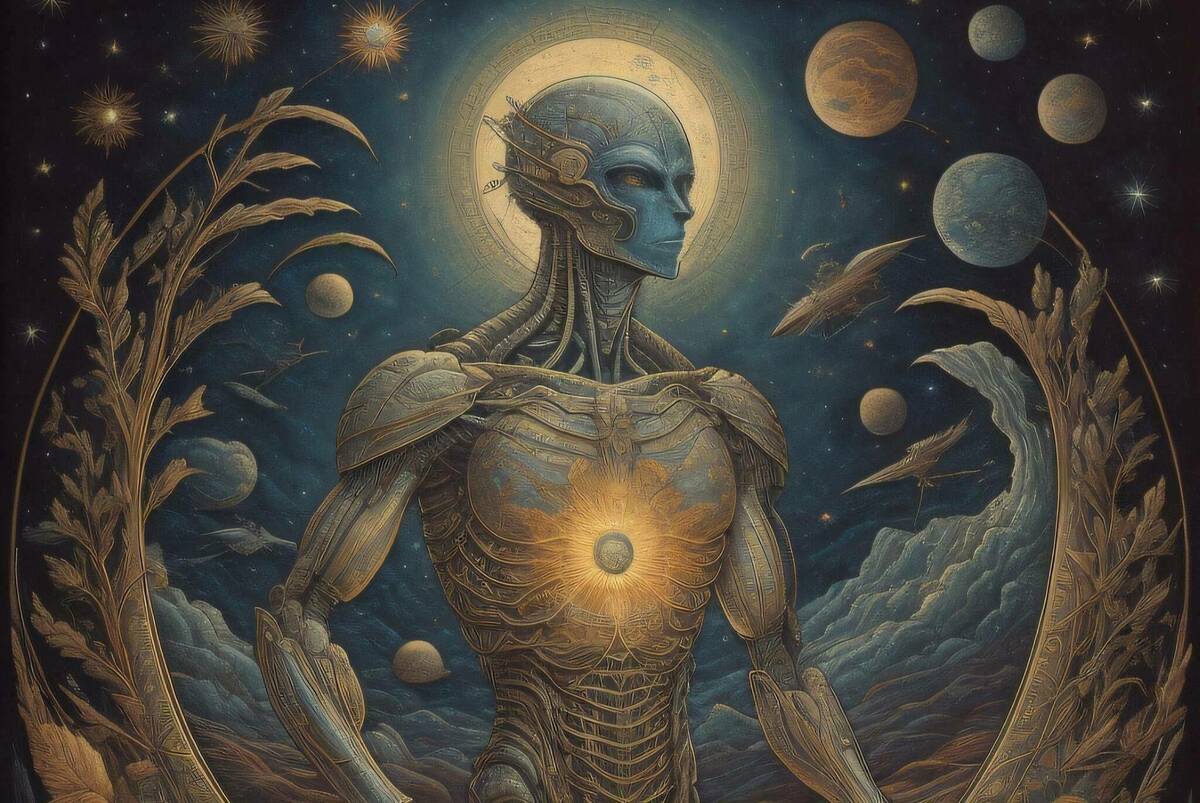- Feb 5, 2002
- 183,137
- 66,472
- Country
- United States
- Gender
- Female
- Faith
- Catholic
- Marital Status
- Married
- Politics
- US-Others
Are we, on Earth, the lone intelligent inhabitants of this vast universe? The Catholic tradition teaches us that there are other rational creatures, namely angels, who are purely intellectual, non-physical beings. But do we humans share the cosmos with any other embodied intelligent forms of life?
Today, speculation about the existence of extraterrestrial intelligence (ETI) is livelier than ever in our culture. Yet many who contribute to this intensifying interest in ETI, especially Catholics, fail to realize that the contemporary discussion is only the most recent portion of a debate in Western thought that stretches back at least twenty-six centuries. Fathers and Doctors of the Church, Catholic philosophers and theologians, popes and bishops, friars and priests, scientists and saints have all taken part in the conversation.
Continued below.

 churchlifejournal.nd.edu
churchlifejournal.nd.edu
Today, speculation about the existence of extraterrestrial intelligence (ETI) is livelier than ever in our culture. Yet many who contribute to this intensifying interest in ETI, especially Catholics, fail to realize that the contemporary discussion is only the most recent portion of a debate in Western thought that stretches back at least twenty-six centuries. Fathers and Doctors of the Church, Catholic philosophers and theologians, popes and bishops, friars and priests, scientists and saints have all taken part in the conversation.
Ancient Greek Cosmology and the Church Fathers
The conceptual foundations for the Catholic discussion of ETI were laid in the centuries before Christ among Greek philosophers in the sixth, fifth, and fourth centuries BC. The question of intelligent life beyond earth was at that time part of a larger discussion about what came to be known as “the plurality of worlds.” This notion originally referred not so much to multiple heavenly bodies within our universe (such as stars, planets, and their moons) but rather to multiple entire universes, all coexisting independently of one another, each cosmos with its own earth and celestial bodies.Continued below.

A Very Short Introduction to the History of Catholic Debates About the Multiverse and Extraterrestrial Intelligence
Paul Thigpen on ancient discussions.

